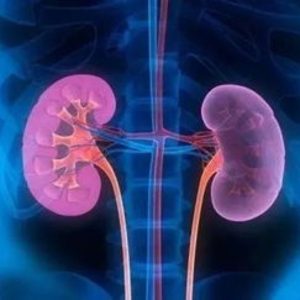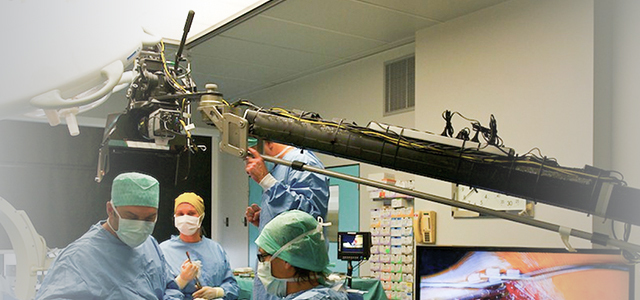High altitude fall, liver and kidney rupture, successful treatment with interventional embolization
A 24-year-old boy accidentally fell from a height of 3 meters, causing severe internal organ damage due to a huge impact, resulting in rib fractures, liver contusion and laceration, right kidney rupture and damage, abdominal active bleeding, and a life-threatening situation.
Director Mu Wei’s team from the Interventional Vascular Department of Chongqing Songshan Hospital successfully used interventional embolization to treat a young man who fell from a height.
24-year-old boy falls from a high altitude, liver and kidney rupture, life on the line
Accidents often occur in an instant. Mr. Wang, a 24-year-old man living in Shaanxi, recently visited a construction site in Chongqing to investigate a project and accidentally fell from a 3-meter-high scaffold. At the moment of falling, Xiao Wang’s mind went blank, and then there was a huge impact, causing severe pain in his upper right abdomen, which made him faint.
Working at heights, beware of falling
The workers immediately took him to a nearby hospital and urgently notified Xiao Wang’s family. After learning the news, the family rushed to Chongqing by plane as soon as possible.
Upon examination at the hospital, it was found that Mr. Wang suffered from liver contusion and laceration, right kidney rupture, and hematocele in the liver, kidney, and pelvic cavity. The hospital recommends exploratory laparotomy to stop bleeding, and depending on the intraoperative situation, the right kidney may need to be removed.
Open surgery for hemostasis poses a high risk and requires urgent medical attention from Songshan Hospital
The family immediately turned pale when they heard about the need for a cesarean section to investigate the risk of hemostasis and right nephrectomy. Now that Xiao Wang is only 24 years old in his youth, his life has just begun to be exciting and he is facing such risks. The family members were in a hurry and asked their friends in Chongqing about hospitals and experts with reliable technical strength.
After multiple inquiries, it was found that Professor Mou Wei, a well-known interventional radiology expert in China, was attending a clinic at Songshan Hospital. He immediately contacted relevant departments and was urgently transferred to the Interventional Vascular Department of Songshan Hospital, hoping to receive a better treatment plan.
Emergency MDT joint consultation, pushed into the intervention room within 1 hour
When Xiao Wang was admitted to the hospital, it had been more than 3 hours since the fall accident occurred, and he had experienced critical situations such as increased heart rate (125 beats per minute), low blood pressure (95/47 mmHg), and unstable vital signs.
Director Mou Wei attaches great importance to it. On the one hand, he immediately arranges for an examination and provides emergency treatment measures such as blood transfusion, rapid fluid replacement, and anti-shock treatment; On the other hand, immediately organize multi-disciplinary MDT consultations in the departments of Hepatobiliary Surgery, Interventional Vascular Surgery, and Urology to discuss treatment plans.
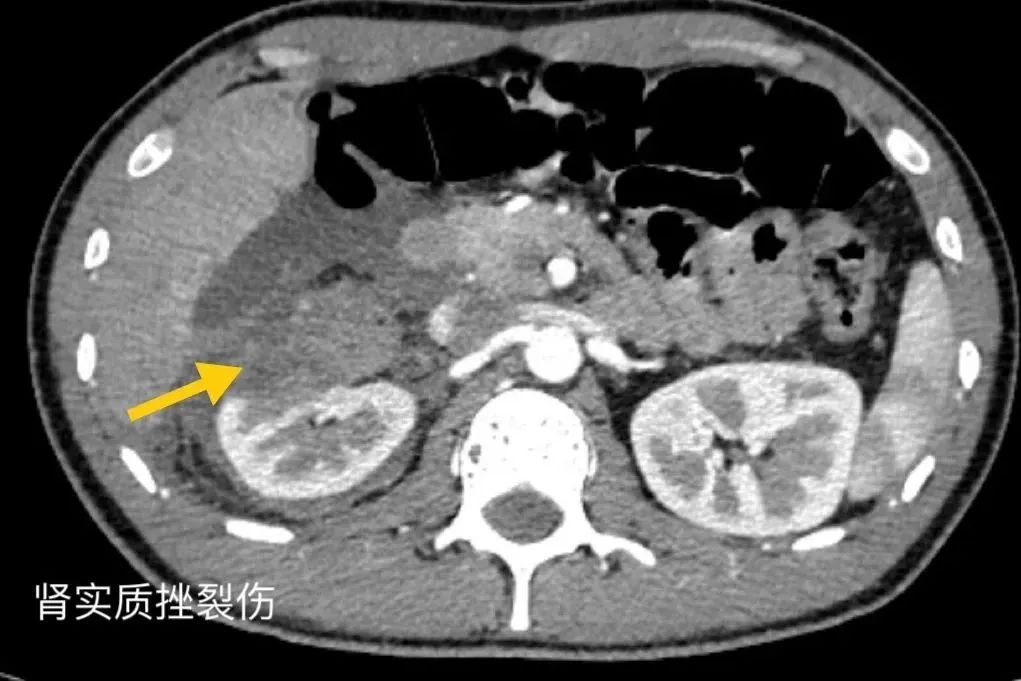
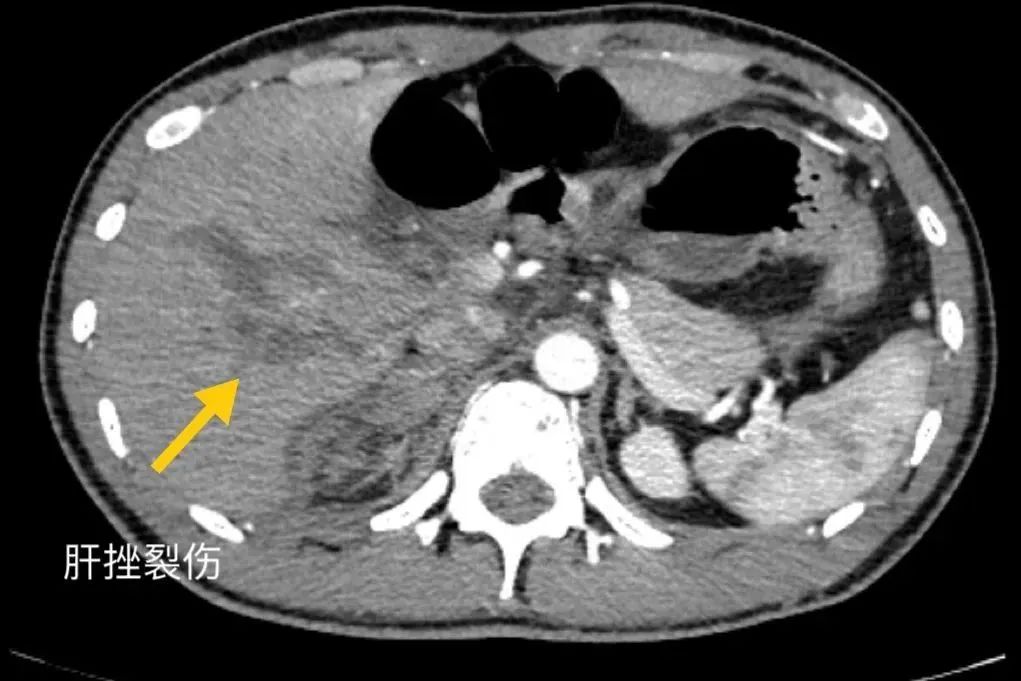
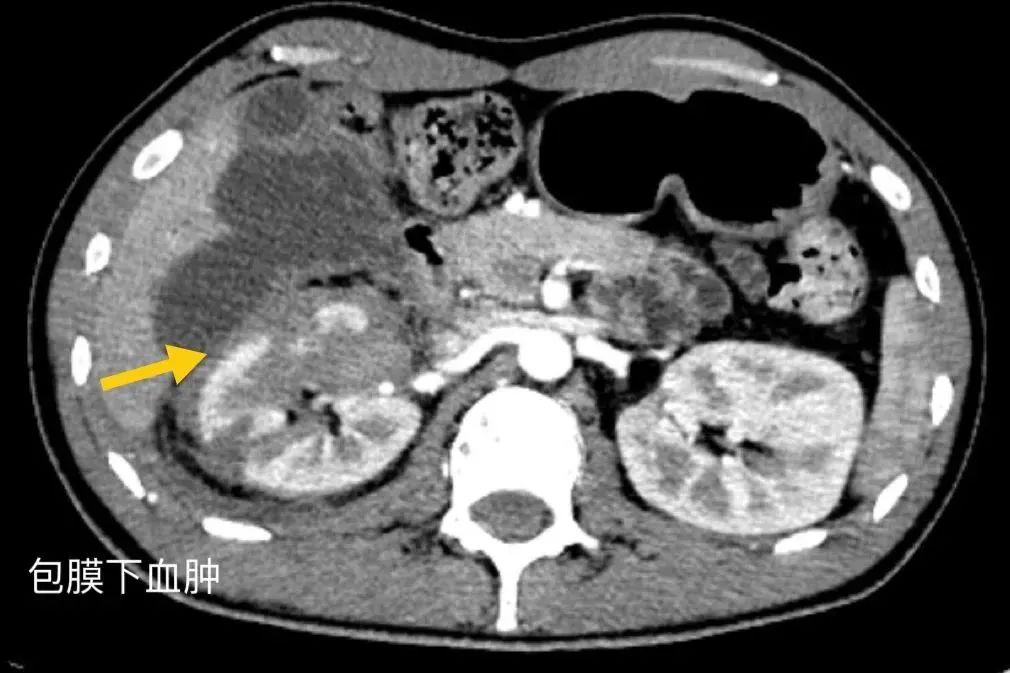
Preoperative CT examination: renal contusion and laceration, liver contusion and laceration, liver and kidney subcapsular hematoma
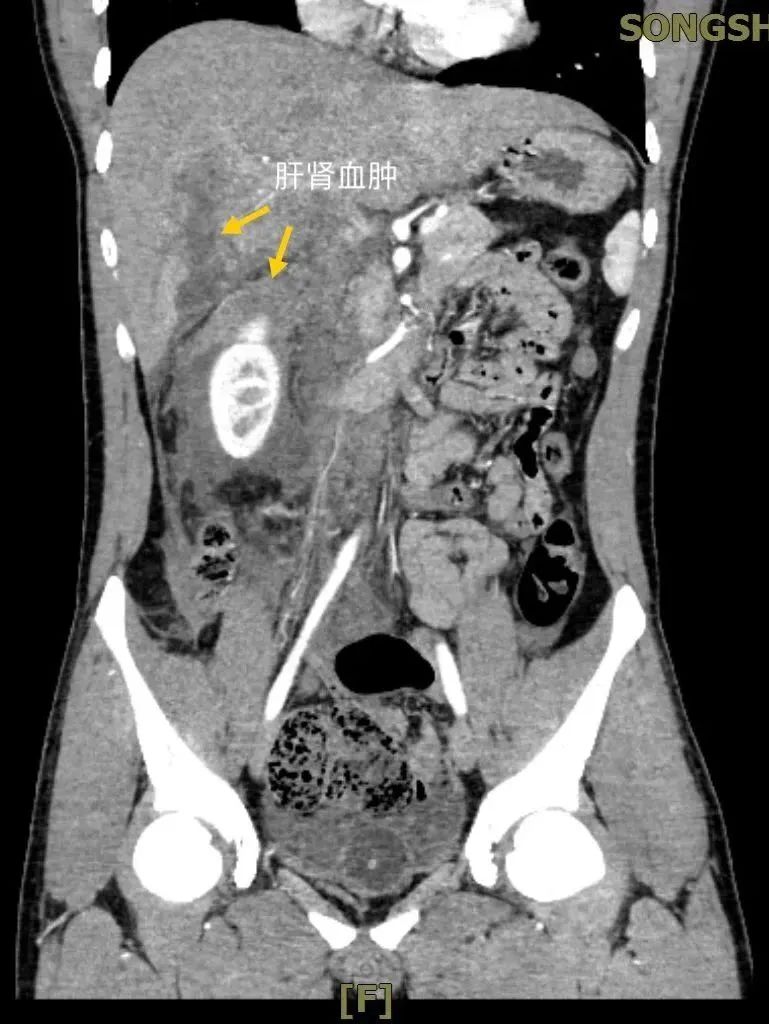
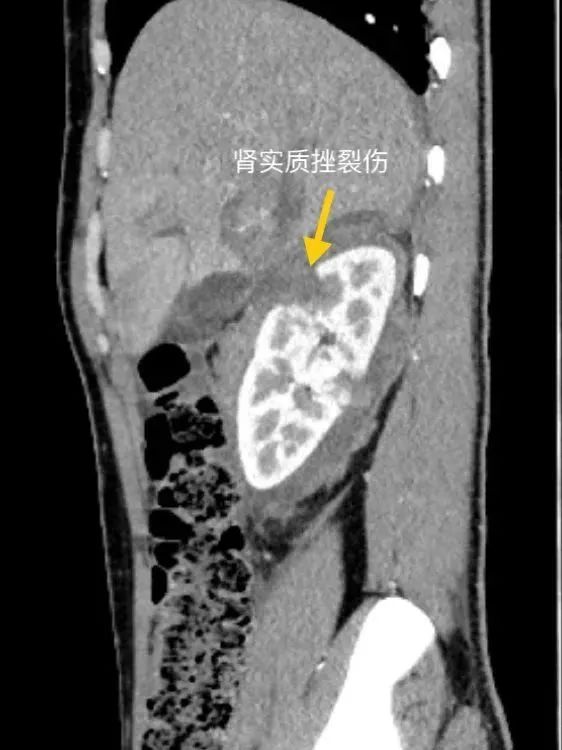
Preoperative CT examination: liver and kidney hematoma, renal contusion and laceration
After discussion, Director Mou Wei proposed that due to the patient’s liver and kidney rupture, continuous active bleeding, unstable vital signs, and high risk of death, interventional imaging is feasible to identify damaged organs and blood vessels, and embolization and hemostasis treatment should be given to avoid organ resection, in order to maximize the protection of liver and kidney function. If bile leakage and urinary leakage occur in the later stage, further treatment should be taken.
Director Mou Wei told the family that there are usually two treatment options for Xiao Wang’s current situation. One is exploratory laparotomy, and the other is interventional embolization.
Cesarean section surgery may have a risk of hemostasis failure. Depending on the intraoperative situation, it may be necessary to remove a portion of the liver and all right kidneys, resulting in significant trauma and slower recovery.
Interventional embolization is a relatively recommended treatment plan, which involves precise operation and exploration during the operation, identifying the bleeding point, and providing embolization and hemostasis treatment to avoid surgical side injuries as much as possible. It can achieve treatment results with minimal trauma, accurate hemostasis, and fast recovery.
After thorough communication, the family decided to have Xiao Wang undergo interventional embolization treatment as soon as possible. Less than an hour after admission, Xiao Wang was pushed into the intervention room and prepared to begin the surgery.
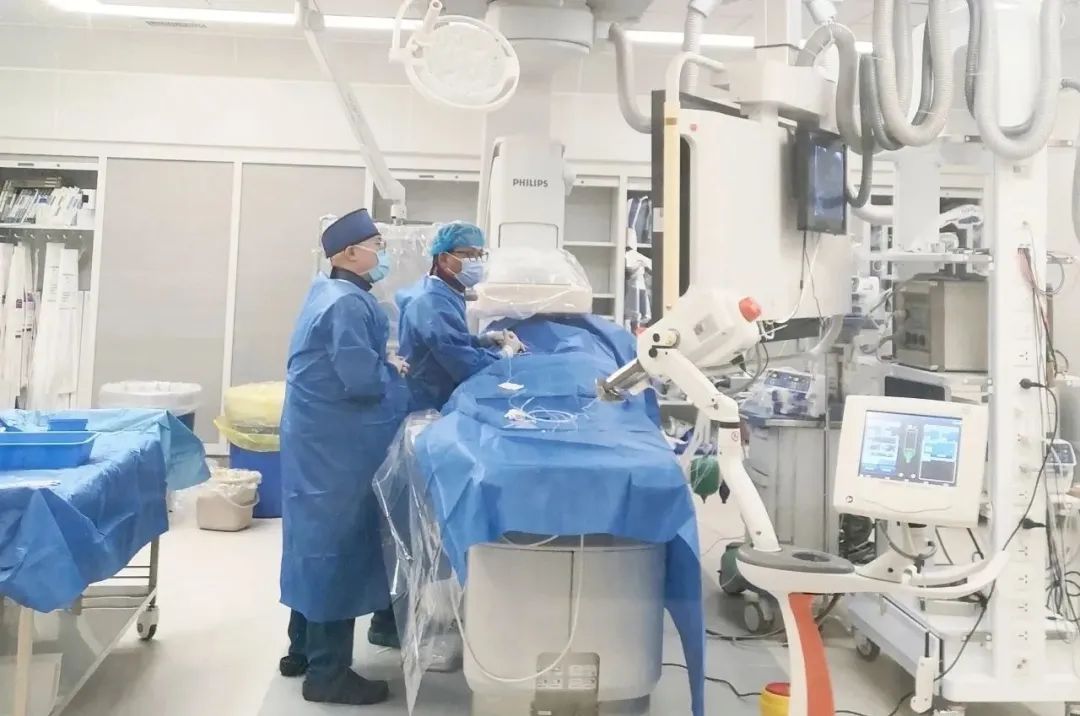
Professor Mou Wei Implements Interventional Embolization
Race with Life, Interventional Embolization Successfully Stops Bleeding
After sufficient preoperative preparation, Director Mou Wei performed interventional embolization for Xiao Wang. After interventional imaging exploration, the precise bleeding point was successfully found and embolization hemostasis treatment was performed. The surgery went smoothly, Xiao Wang’s physical signs recovered smoothly, and he returned to the ward safely.
The family members finally let go of their hanging hearts. After careful treatment and recovery after the surgery, in just one week, Xiao Wang met the discharge criteria and was able to discharge and return home.
The family is very grateful to Professor Mou Wei for using his exquisite medical skills to save Xiao Wang’s life. The family said that it was the development of modern medical technology that allowed Xiao Wang to successfully escape life danger and preserve his liver and kidneys.
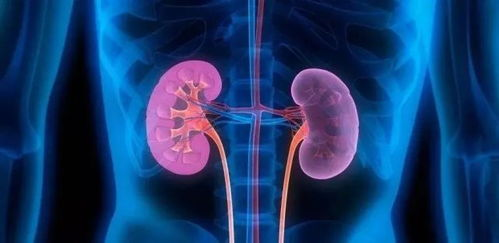
Interventional embolization helps to preserve organ function
Xiao Wang also stated that after this accident, he realized that safety is the first priority in life. Without safety and health, everything else would be zero. I will definitely strengthen my safety awareness in the future, eliminate risky behavior, and make parents feel at ease and at ease.
Interventional embolization, a new choice for the treatment of visceral rupture
Director Mu Wei told us that interventional embolization, as an innovative treatment method, has the advantages of minimally invasive, accurate, fast and effective, low risk, and preservation of organ function, providing new hope and treatment options for patients with visceral rupture and bleeding.
Minimally invasive: Interventional embolization is performed through catheter technology, avoiding large incisions in traditional surgical procedures and reducing patient pain and recovery time.
Accuracy: Doctors can accurately guide the embolic material into the bleeding blood vessels, block the blood supply, and effectively control bleeding.
Fast and effective: Interventional embolization can be completed in a short time, quickly stopping bleeding, avoiding further blood loss, and helping to stabilize the patient’s condition.
Low risk: Compared to traditional surgical procedures, interventional embolization has a lower risk, reducing the risk of surgical complications and infections.
Preservation of organ function: By effectively controlling bleeding, interventional embolization can preserve the function of damaged organs to a greater extent, which helps patients recover and improve their quality of life.
This article is reprinted from "Dingxiangyuan"
Surgerycast
Shanghai Headquarter
Address: Room 201, 2121 Hongmei South Road, Minhang District, Shanghai
Tel: 400-888-5088
Email: surgerycast@qtct.com.cn
Beijing Office
Address: room 709, No.8, Qihang international phase III, No.16, Chenguang East Road, Fangshan District, Beijing
Tel: 13331082638( Liu )
Guangzhou Office
Address: No. 15, Longrui street, longguicheng, Taihe Town, Baiyun District, Guangzhou
Tel: 13302302667 ( Ding )
